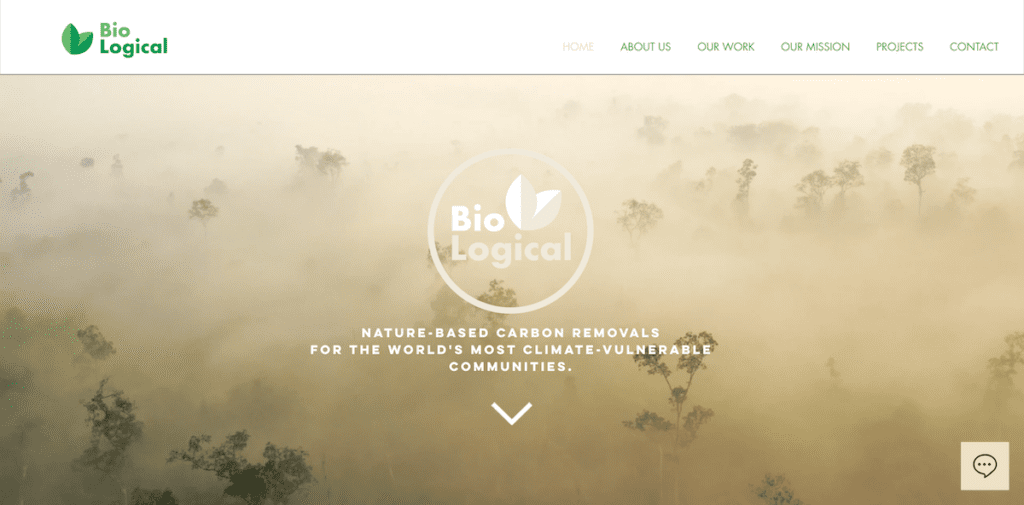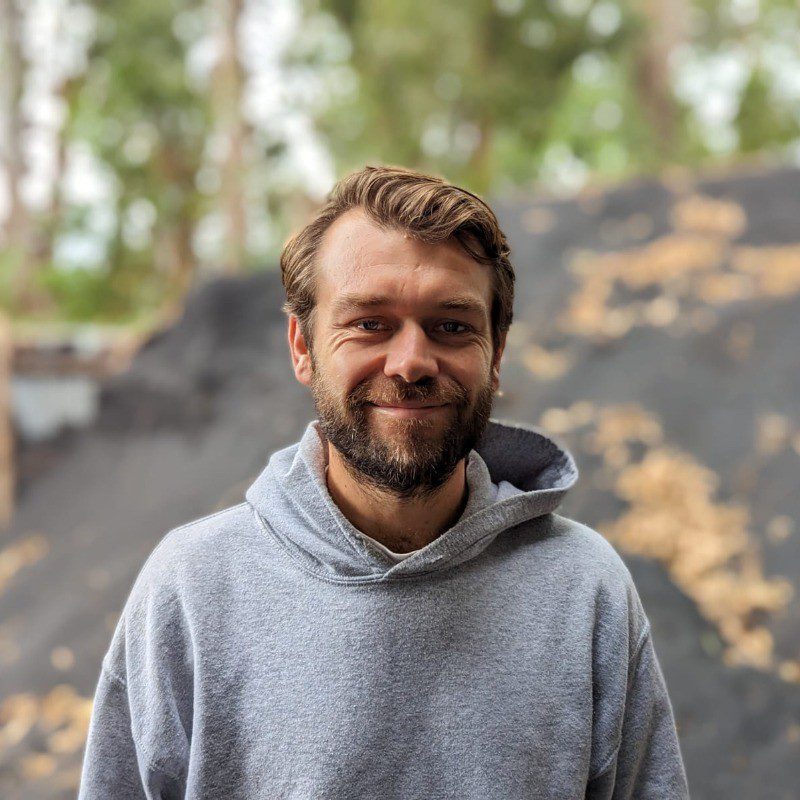Climate tech startup Bio-Logical recently announced a $1 million seed funding round to support vulnerable smallholder farmers on the frontlines of climate change. The Kenya-based company will use the investment to scale up operations and expand its innovative model across the region.
Bio-Logical Circular Model
Bio-Logical taps into the power of circular economics and regenerative agriculture to build resilience for farmers facing increasing climate risks. Their integrated approach converts agricultural waste into a carbon-rich biochar.
This supercharged soil amendment not only sequesters CO2 for centuries but also revitalizes degraded farmlands.

The biochar gets incorporated into organic fertilizers that Bio-Logical distributes to smallholder farmers. These subsidized climate-smart fertilizers increase productivity while avoiding reliance on costly synthetic alternatives.
Co-founder Philip Hunter notes that carbon credits generated through biochar production help make the fertilizers affordable for struggling farmers.
“We believe carbon credits should do more than simply remove carbon from the atmosphere. They should build resilience for climate vulnerable communities.” – Co-founder Philip Hunter

This creative model aligns carbon financing with on-the-ground climate action.
Ambitious Growth Plans
Bio-Logical’s first commercial facility in Africa will annually convert 30,000 tonnes of waste into 25,000 tonnes of sequestered carbon via biochar. The company has ambitious targets to rapidly expand support for smallholder farmers in coming years.
“Bio-Logical was founded on the belief that smallholder farmers should not suffer at the hands of a climate crisis they played no role in creating.” – Co-founder Rory Buckworth

The startup aims to reach 1 million smallholders and abate 1 million tonnes of CO2 annually by 2030.
Funding to Facilitate Expansion
The seed funding round was led by the Steyn Group and joined by several angel investors. This support will facilitate growth starting with Bio-Logical’s pioneering Kenya site. The investment signals confidence in the startup’s innovative triple bottom line model.
Integrated Model for Just Transition
Bio-Logical not only mitigates emissions but also empowers vulnerable food producers while restoring degraded soils. This integrated approach is key to a just transition that aligns environmental goals with social equity.
The company’s focus on smallholder farmers addresses urgent needs among overlooked climate vulnerable groups.
Smallholders currently face disproportionate climate risks despite minimal emissions contributions. Initiatives like Bio-Logical’s fertilizer subsidy redirect carbon financing to promote climate justice.
Hope and Collaboration the Keys to Success
Converting waste streams into solutions for drawdown and resilience points towards hope for the future. Bio-Logical’s model shows the power of smallholder agriculture to drive sustainable development if properly supported.
With climate-smart incentives and innovations, vulnerable groups on the frontlines can pivot from victims to leaders in reversing degradation.
Collaboration with farmers and communities will be vital to co-design effective grassroots solutions.
However, the impressive vision demonstrates how aligning business innovation with local needs can achieve systems-level change.
This holds key insights for catalyzing an equitable and viable global transition.
Integrated Approach to Triple Bottom Line
Bio-Logical sets an example of environmental, social, and economic progress going hand in hand. Their integrated approach avoids silos while tackling interconnected risks exacerbated by climate change.
This seed investment marks an exciting milestone for the startup to scale up regeneration and resilience across the region.







